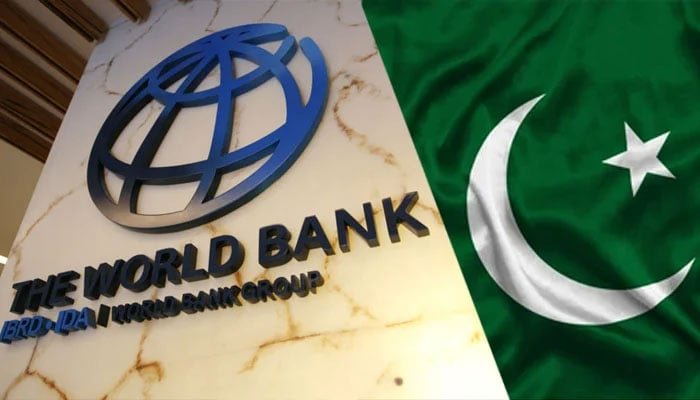The World Bank has granted approval for a $350 million loan under the “Rise to Prosperity” program aimed at bolstering Pakistan’s financial stability and fostering sustainable economic development.
Country Director for the World Bank, Najy Benhassine, explained that the first phase of the Rise to Prosperity program has successfully completed initiatives related to taxes, energy, and business climate reforms.
The program, designed to increase productivity, targets expenditures to enhance competitiveness and promote investment. Pakistan’s power sector management will also benefit from the program, contributing to better governance.
According to the World Bank, the loan approval for Pakistan serves the purpose of improving financial management, achieving macroeconomic stability, and fostering comprehensive economic progress. The project’s objective is to enhance financial management for sustained economic growth, emphasizing the need for immediate financial and structural reforms in Pakistan.
The World Bank’s perspective on the loan emphasizes that it aims to bring coordination and transparency in financial policies and strengthen the property sector. The plan includes fortifying tax structures and encouraging digital payments, alongside a reduction in import tariffs to boost revenues.
Additionally, the World Bank suggests that Pakistan has an opportunity to address long-standing structural issues after the elections. However, a cautionary note is sounded, expressing concerns that failure to seize this opportunity might lead to a recurrence of economic challenges for Pakistan.
The loan approval signals international recognition of the need for financial and structural reforms in Pakistan, acknowledging the country’s potential for growth if these opportunities are capitalized effectively.
As Pakistan moves forward with the Rise to Prosperity program, international financial institutions continue to play a crucial role in supporting the nation’s efforts to achieve economic stability and long-term development.



